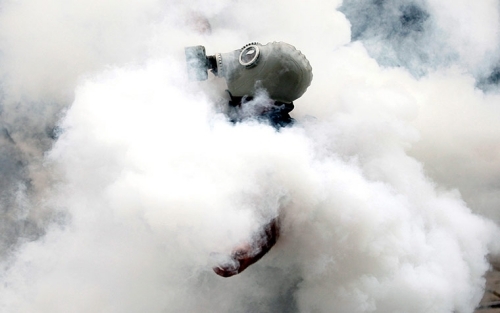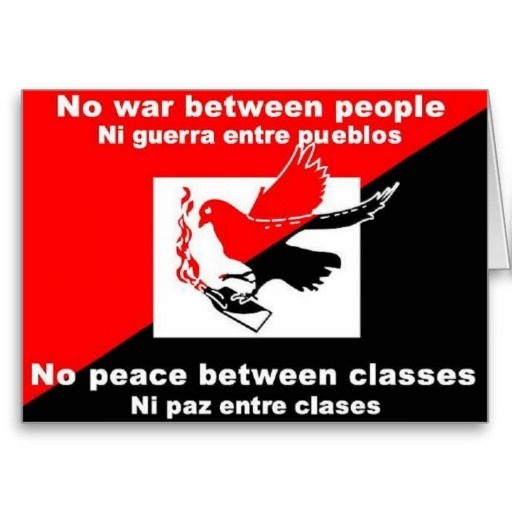Οι Ουκρανοί όμως μας ενημερώνουν ότι τα πράγματα είναι πολύ πιο πολύπλοκα από ότι θα ήθελε το Mega και τα σταλινικά απολιθώματα:
We, the collectives and members of Ukrainian leftist and anarchist organizations, announce that “Borotba” union is not a part of our movement. During the whole time of this political project’s existence, its members tended to be committed to the most discredited, conservative and authoritarian “leftist” regimes and ideologies, which do not represent the interests of working classes in any way.
”Borotba” has proved itself an organization with a non-transparent funding mechanism and unscrupulous principles of cooperation. It uses hired workers, who are not even the members of the organization. The local cells of “Borotba” took part in the protest actions together with PSPU (Progressive Socialist Party of Ukraine, which is an anti-Semitic, racist, and clerical party, and has no relation to the world socialist movement) and with Kharkiv pro-government, anti-Semitic and homophobic group “Oplot”; and are known for their linkage with an infamous journalist O.Chalenko, who openly stands for Russian chauvinism.
Recent events demonstrate that the leadership of this union, following the example of the “Communist” Party of Ukraine, have been overtly defending the interests of president Yanukovych, justifying the use of weapons by security forces and denying the acts of unjustified violence and cruelty on their part, the use of tortures and other forms of political terror. The representatives of “Borotba” take an extremely biased stance concerning the composition of protest movement, which is represented both on their own web resources and in the media commentaries. According to them, the Maidan protests are supported exclusively by nationalists and radical right, and were aimed only at a coup d’etat (“fascist putsch”).





